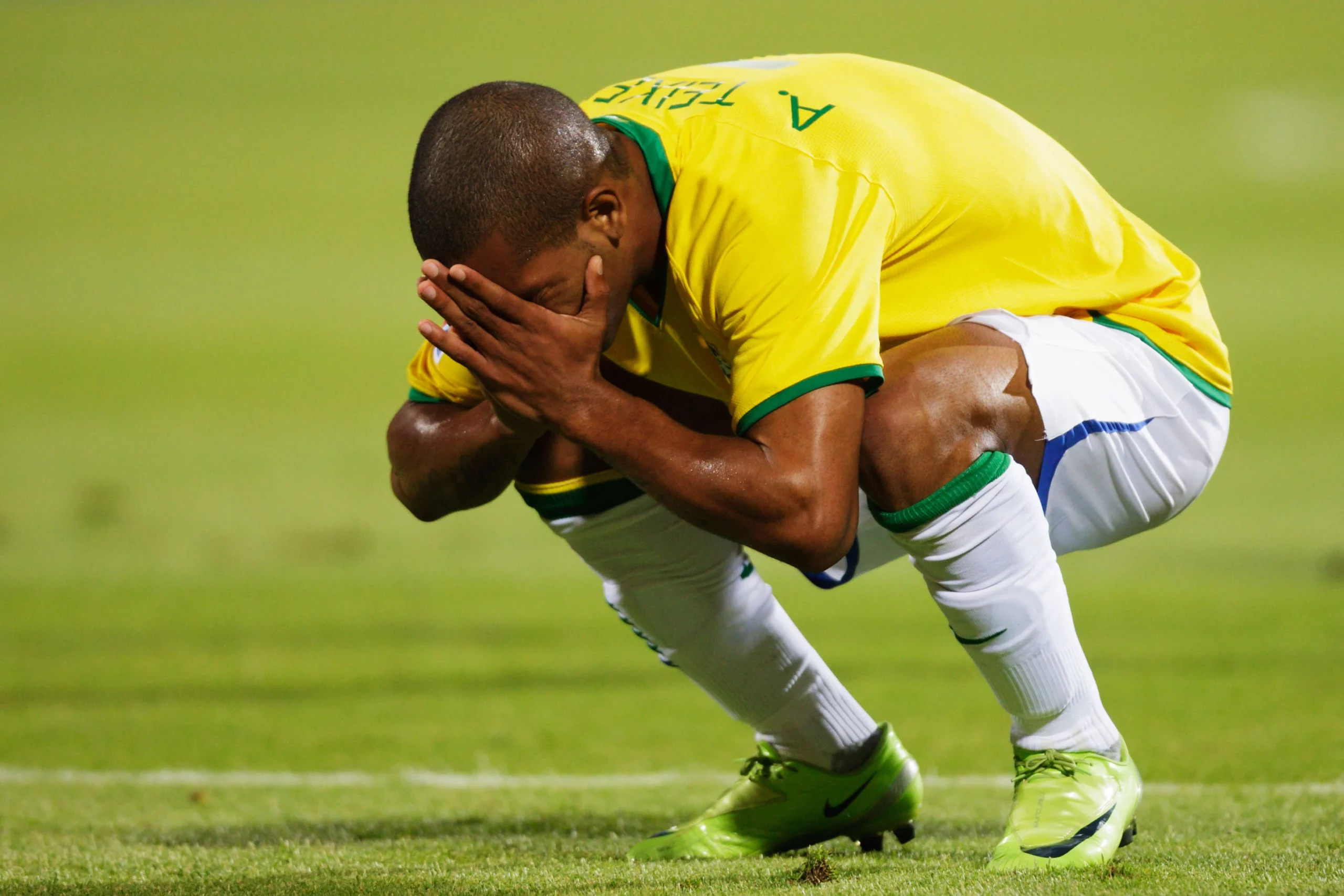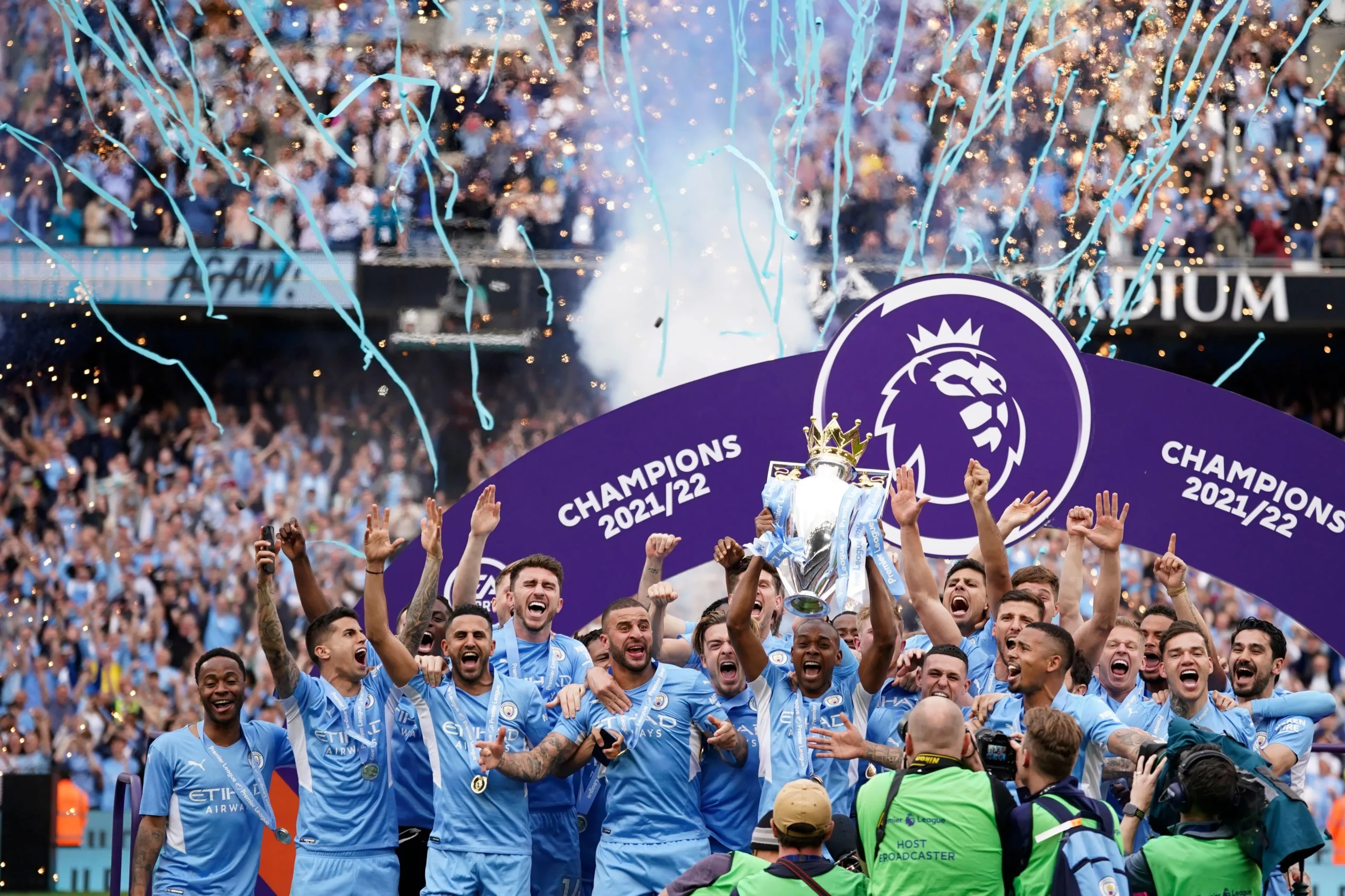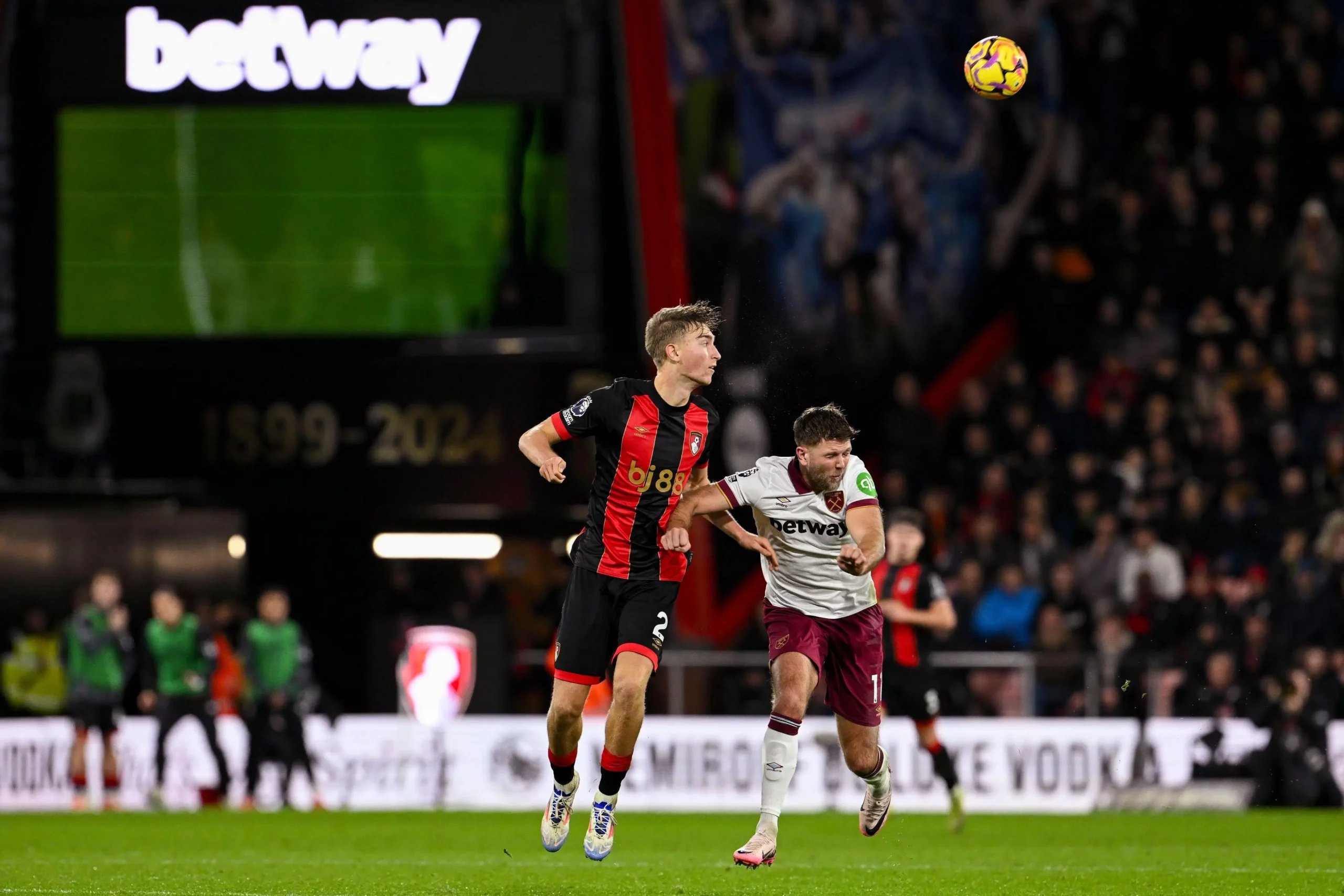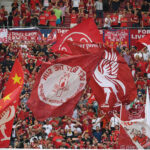Brazil’s 4-1 defeat to Argentina in Tuesday’s World Cup qualifier was more than a routine loss—it was a humiliating collapse that laid bare the systemic issues plaguing South America’s once-dominant football force. The match, played in Buenos Aires, saw Argentina secure their 2026 World Cup qualification hours before kickoff, while Brazil’s path to the tournament remains uncertain, sitting fourth in the CONMEBOL standings with 21 points from 14 games.
A Night of Errors and Embarrassment
Brazil’s defensive frailties were exposed early. Julian Alvarez opened the scoring in the sixth minute after capitalizing on a disorganized backline, followed by Enzo Fernandez doubling Argentina’s lead just six minutes later.
A rare mistake from Cristian Romero allowed Matheus Cunha to pull one back for Brazil, but any hope of a comeback vanished when Alexis Mac Allister’s volley and Giuliano Simeone’s late strike sealed Argentina’s dominance. Post-match, defender Marquinhos called the performance “humiliating,” apologizing to fans for a display that “fell far below our potential”.
While Brazil still holds a six-point cushion over seventh-placed Bolivia, their recent form raises alarms. Since Dorival Junior took charge in 2024, the team has won just seven of 16 matches, with tactical inconsistency and a lack of midfield control becoming recurring themes. Their fourth-place standing contrasts sharply with Argentina’s table-topping 31 points, underscoring a growing gap between the rivals.
The Roots of Brazil’s Decline
Brazil’s struggles trace back years. The 7-1 loss to Germany in 2014 marked the start of a downward spiral, compounded by managerial missteps—like the failed pursuit of Carlo Ancelotti—and disjointed squad planning. The current team relies heavily on individual brilliance from players like Vinicius Jr., but lacks cohesion. Against Argentina, Brazil’s midfield was overrun, with critics highlighting Dorival’s decision to field only two central midfielders as a critical error.
Dorival’s tenure has been marred by skepticism. His domestic success hasn’t translated to the international stage, and Tuesday’s defeat intensified calls for his dismissal. “Nothing we planned worked,” he admitted post-match, acknowledging Argentina’s superiority in every department. With limited options for replacement—including speculation about hiring a foreign coach or promoting former player Filipe Luis—Brazil’s leadership vacuum persists.
The absence of a creative midfield anchor has been glaring. Lucas Paqueta, once seen as the solution, has struggled with form and off-pitch issues, leaving Brazil without a reliable link between defense and attack. Against Argentina, this weakness was exploited ruthlessly, as Enzo Fernandez and Mac Allister dictated play while Brazil’s midfielders chased shadows.
What Comes Next?
Brazil’s next qualifiers against Chile and Ecuador in June 2025 are now pivotal. While automatic qualification remains likely, the team’s larger challenge is rebuilding trust and identity. For UK fans accustomed to seeing Brazil as a perennial contender, this decline is stark. Argentina, meanwhile, thrives with a clear philosophy—proof that structure and unity outweigh raw talent.
For Brazil, the road to 2026 is about more than securing a World Cup spot. It’s about rediscovering the essence of jogo bonito before their once-unthinkable status as a fading giant becomes permanent.













